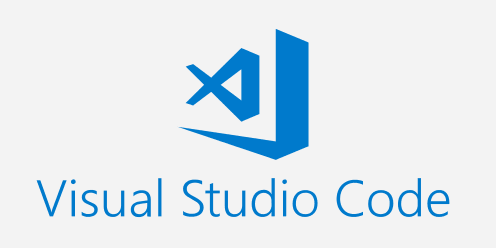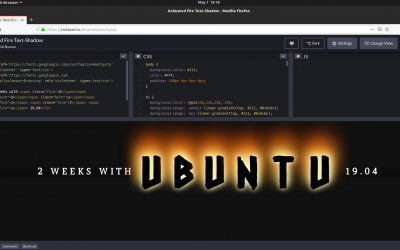
In the dynamic world of software development, tools and technologies are perpetually evolving. Integrated Development Environments (IDEs) play a pivotal role in influencing the productivity and efficiency of developers. As of 2022, Visual Studio Code (VS Code) was one of the top contenders in the realm of IDEs. But has its dominance continued into 2023? Let’s explore.
The Evolution of Visual Studio Code
VS Code, developed by Microsoft, was celebrated for its lightweight nature, extensibility, and its diverse array of extensions. Over the years, Microsoft has invested heavily in VS Code’s development, which might suggest why it has remained at the forefront of many developers’ toolkits.
The Strengths of VS Code in 2023
- Extensibility: One of VS Code’s primary strengths is its extension marketplace. This library has grown exponentially over the years, allowing developers to tailor their IDE experience based on their specific needs.
- Cross-Platform: VS Code’s ability to run seamlessly on Windows, MacOS, and Linux continues to be a significant advantage.
- Git Integration: Integrated version control with Git was a prominent feature, and enhancements to this integration have only made it more intuitive and powerful.
- Languages Support: From mainstream languages like Python, JavaScript, and C# to more niche languages, VS Code’s language support is unparalleled. Moreover, with community contributions, the support list keeps expanding.
- Performance: Even as it has grown, VS Code has retained its reputation for being lightweight and fast, ensuring developers don’t face lags or delays.
The Competition
While VS Code remains powerful, it’s essential to acknowledge that the competition hasn’t been idle. JetBrains’ suite of tools, for instance, has seen significant improvements and enjoys a loyal user base. Eclipse, Atom, and Sublime Text have also continued to evolve.
Some IDEs cater to specific languages or development purposes, offering specialized tools that might make them more appealing than VS Code for certain tasks.
The Drawbacks
No tool is without its criticisms. Some users have raised concerns about VS Code’s telemetry and data collection, even if it’s for product improvement. Others wish for a more in-built feature set rather than relying heavily on extensions, which can sometimes conflict or cause performance issues.
The Verdict: Is It Still the Best?
Declaring any tool as the “best” in software development is subjective and largely depends on individual needs. For a vast array of tasks, VS Code continues to be an excellent choice, given its flexibility, performance, and extensive community support. However, for specific tasks or preferences, there might be other IDEs that edge it out.
In 2023, Visual Studio Code remains a formidable player in the IDE arena. It might not unequivocally be the “best” for every developer or every use case, but it’s undeniably a top contender that’s worthy of consideration.



